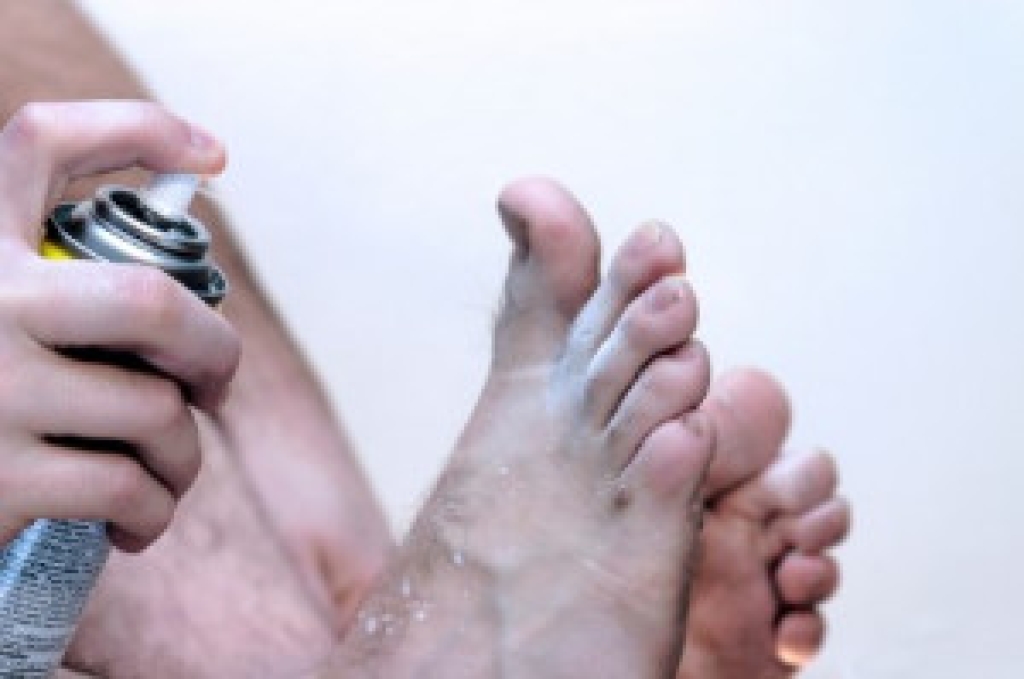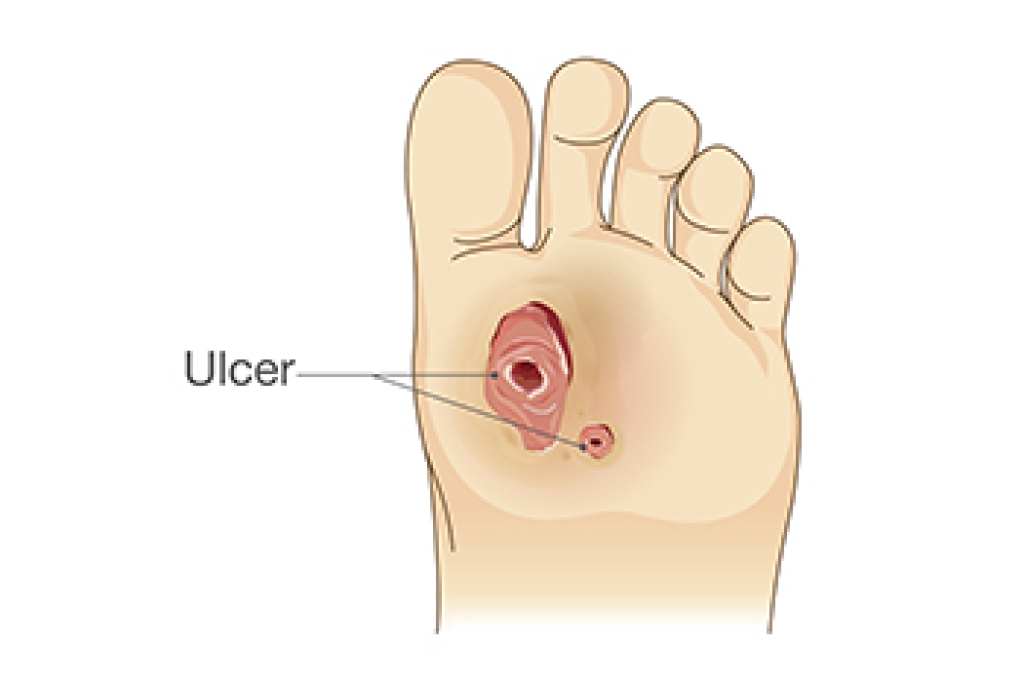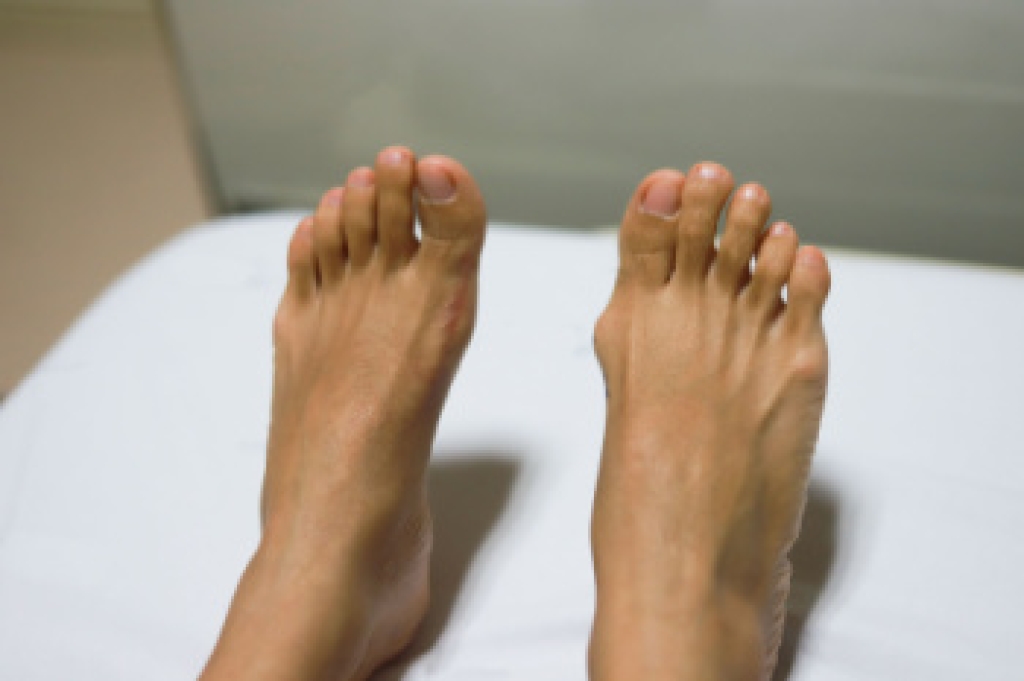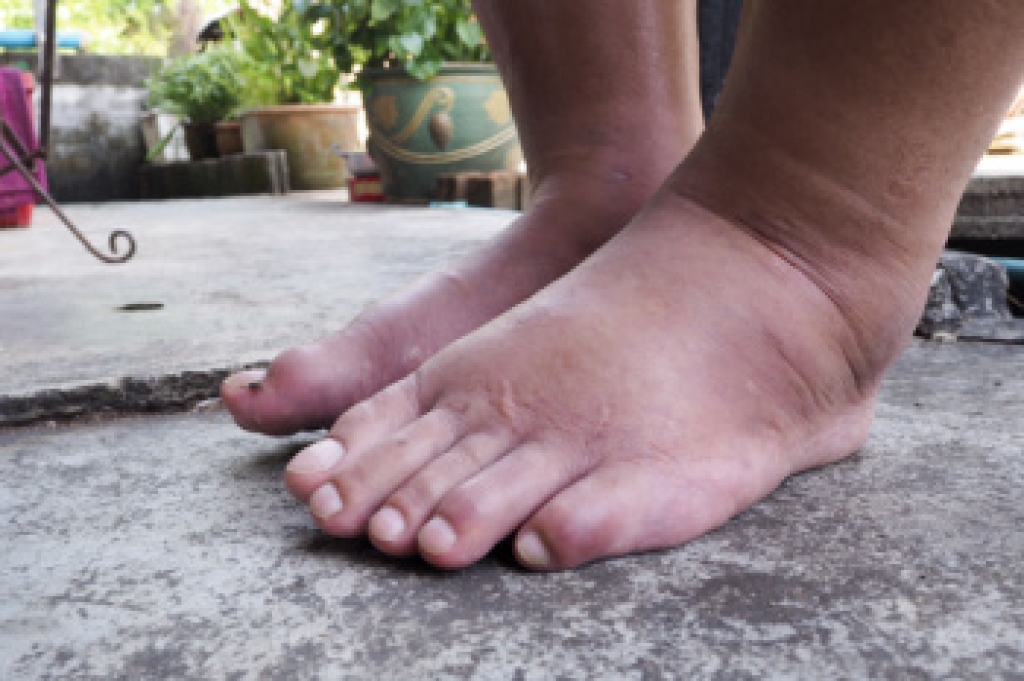
Tinea pedis, commonly known as athlete's foot, is a fungal infection that affects the skin on the feet, particularly between the toes. It causes itching, redness, peeling, and sometimes a burning sensation. Unlike other foot conditions like eczema or psoriasis, which are non-infectious, tinea pedis is contagious and spreads through direct contact or contaminated surfaces like locker rooms or shared footwear. This condition thrives in warm, damp environments, making it common among athletes or those who frequently wear tight, sweaty shoes. If you have a persistent or severe case of athlete’s foot, it is suggested that you schedule an appointment with a podiatrist who can prescribe antifungal medications, both topical and oral, and provide guidance on preventing recurrence. This type of doctor may also assess if there is a secondary infection or other underlying conditions complicating the healing process.
Athlete’s foot is an inconvenient condition that can be easily reduced with the proper treatment. If you have any concerns about your feet and ankles, contact one of our doctors from Favor Foot Ankle Leg & Wound Center. Our doctors will treat your foot and ankle needs.
Athlete’s Foot: The Sole Story
Athlete's foot, also known as tinea pedis, can be an extremely contagious foot infection. It is commonly contracted in public changing areas and bathrooms, dormitory style living quarters, around locker rooms and public swimming pools, or anywhere your feet often come into contact with other people.
Solutions to Combat Athlete’s Foot
- Hydrate your feet by using lotion
- Exfoliate
- Buff off nails
- Use of anti-fungal products
- Examine your feet and visit your doctor if any suspicious blisters or cuts develop
Athlete’s foot can cause many irritating symptoms such as dry and flaking skin, itching, and redness. Some more severe symptoms can include bleeding and cracked skin, intense itching and burning, and even pain when walking. In the worst cases, Athlete’s foot can cause blistering as well. Speak to your podiatrist for a better understanding of the different causes of Athlete’s foot, as well as help in determining which treatment options are best for you.
If you have any questions please feel free to contact our office located in South Amboy, NJ . We offer the newest diagnostic and treatment technologies for all your foot and ankle needs.




